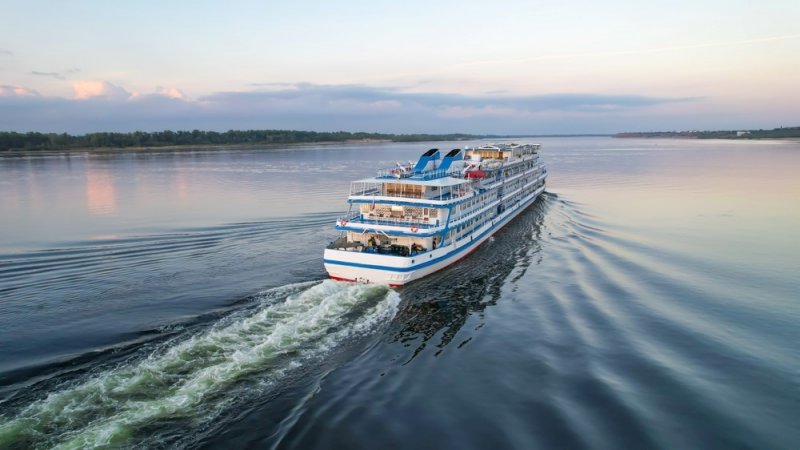River cruising has become a sought-after travel experience in recent years, and for good reason. While massive cruise ships dominate the oceans, river cruising offers a more intimate alternative on waterways. Unlike regular sea cruises, river cruises allow access to the beating hearts of cities and historical areas, in places where large ships cannot dock.
"With the right planning, a river cruise can be one of the most enjoyable and enriching experiences you can have as travelers. Whether you are discovering the historic cities of Europe, the traditional villages of Asia, or the wild nature of the Amazon, a river cruise will provide you with a fresh perspective on the world," Ayala Cohen, Head of the Cruise Department at Ophir Tours.
If you have been convinced to embark on a river cruise, here are some tips for a successful vacation:
1. Choosing the Right Season
Spring and autumn - recommended seasons, pleasant weather, and fewer tourists.
Summer - the busiest time, hot weather, and higher prices.
Winter - great for Christmas markets in Europe, but be sure to check the weather conditions.
2. Choosing the Right Cabin
Cabins with balconies allow for private enjoyment of the views.
If you are sensitive to noise, avoid cabins near engines or public areas.
Upper deck cabins are usually more expensive but offer better views.
3. Planning Activities
Most river cruises include guided tours at every stop, but it's always good to check what is included.
Consider booking special or private tours in advance for a more personalized experience.
Leave some free time to explore independently.
4. What to Pack
Comfortable clothing for daytime tours.
Layers - the weather can change throughout the day.
Comfortable walking shoes - you will spend a lot of time on your feet.
Smart casual attire for dinner.
Medications and personal items - some smaller destinations may not offer easy access to pharmacies.
International power adapter.
Binoculars for scenic viewing.
5. Important Points to Check Before Booking
What is included in the price (meals, drinks, tours, tips).
Are there any unexpected extras.
Cancellation and change policies.
Is the ship accessible for people with disabilities.
Special dietary options.
Possible challenges and how to deal with them.
6. Water Levels
Drought or heavy rain may affect the cruise itinerary.
Cruise companies usually offer alternatives like bus transport in case of issues.
Consider purchasing travel insurance that covers itinerary changes.
7. Internet Access
Internet connectivity may be limited in certain areas of the itinerary.
Check if the cruise offers Wi-Fi and what the cost is.
Consider purchasing an international data package or a local SIM card.
8. Physical Limitations
River cruising requires a reasonable level of walking ability for tours.
Check if the ship and tours suit your needs.
Some of the ancient towns are cobblestoned and may not always be accessible.
For more tips and recommendations on cruises on rivers and oceans, visit PassportCruise
